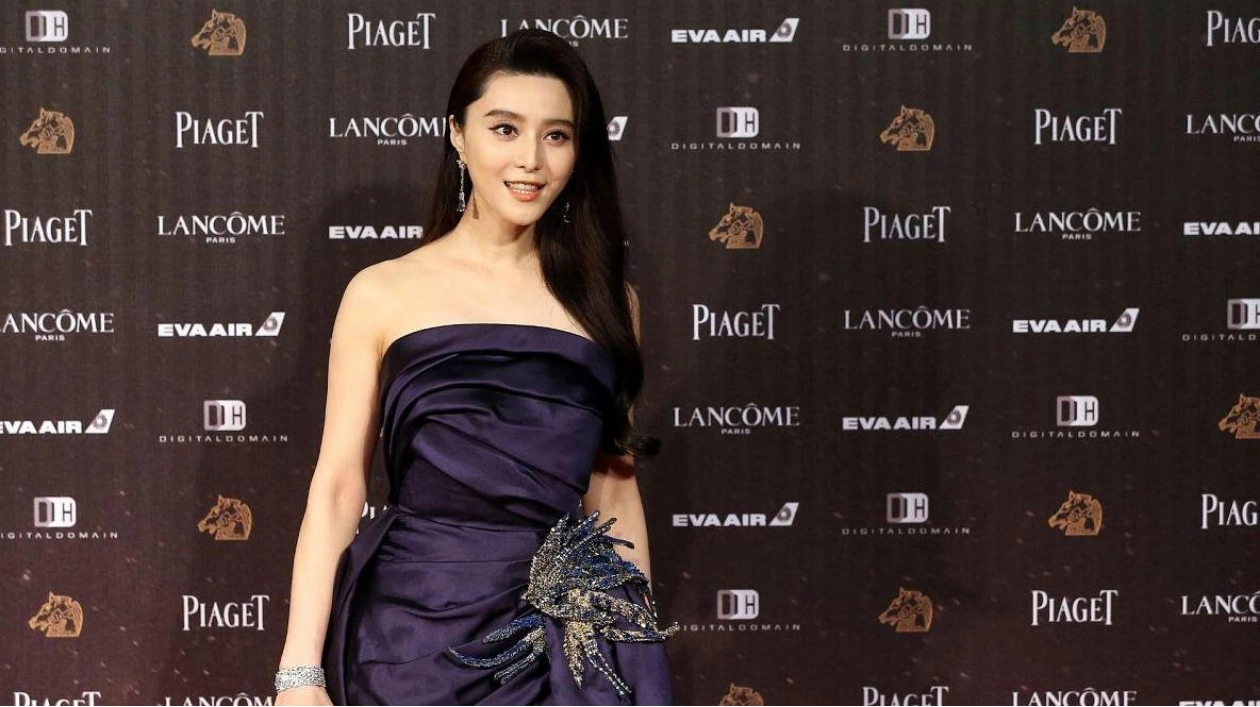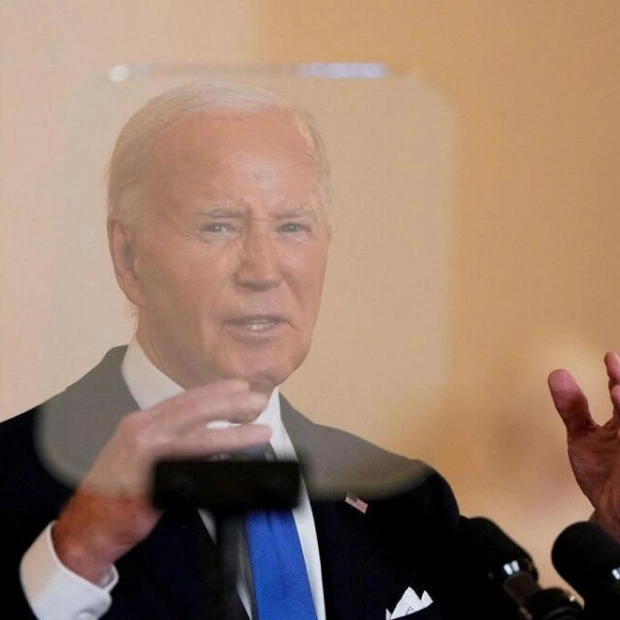Fan Bingbing is poised to make her long-awaited return to Chinese screens with 'Green Night,' a Hong Kong-Korean production marking her first Chinese project since her 2018 blacklisting. After a brief appearance in the Korean TV show 'Insider' in 2022 and roles in two American films, the 43-year-old actress has been largely absent from the screen for six years. Her comeback in 'Green Night,' a film centered around a repressed Chinese immigrant who flees with a mysterious green-haired woman, is a surprise for many. In 2018, Fan faced scrutiny when Chinese tax authorities investigated her following filmmaker Feng Xiaogang's public disclosure of her contract details, sparking suspicions of tax evasion. Later that year, it was confirmed that Fan was ordered to pay CN¥883 million (around €110 million) in taxes, leading to her work being blacklisted in mainland China. This ban prevented her from participating in film and television projects, and her previously completed works were not released. Prior to this, Fan was one of China's most prominent stars, with roles in international films like 'Iron Man 3' and 'X-Men: Days of Future Past.' Her tax scandal also triggered a broader tax audit in China's entertainment industry, resulting in over CN¥11.747 billion (€1.52 billion) being declared. Despite her blacklisting, Fan retained her social media presence, which she leveraged to launch a beauty brand, Fan Beauty, to sustain her income. As she re-emerges from the shadows of blacklisting, Fan stands as a rare example of a Chinese artist who has navigated the stringent censorship of her country. Many international films have faced bans in China, such as the 2018 film 'Christopher Robin,' starring Ewan McGregor, which was banned due to internet memes comparing Xi Jinping to the cartoon bear Winnie-the-Pooh. Renowned Chinese director Zhang Yimou, known for films like 'Hero' and for directing the 2008 and 2022 Olympic ceremonies, also faced censorship for his 1994 film 'To Live.' This epic retelling of the Cultural Revolution won multiple awards at the 1994 Cannes Film Festival but was banned in China for its critical portrayal of the Chinese Communist Party. Similarly, Chen Kaige's 'Farewell My Concubine' was banned the year before. Artists who are shut out of China often seek opportunities in other countries to continue their work. Visual artist Ai Weiwei, for instance, has been critical of China since his departure in 2015 following his 2011 arrest. A new exhibition at the Pompidou Centre in Paris showcases the work of 21 Chinese visual artists who have faced strict censorship: Aaajiao, Alice Chen, Chen Fei, Chen Wei, Chu Yun, Cui Jie, Hao Liang, Hu Xiaoyuan, Li Ming, Liu Chuang, Lu Pingyuan, LuYang, Miao Ying, Nabuqi, Qiu Xiaofei, Shen Xin, Xun Sun, Wan Yang, Yao Qingmei, Yu Ji, and Zhang Ding. The 50 works in the exhibition reflect the challenges of creating art under strict governance. Despite this, the exhibition, titled '目 Chine' ('Eye China'), was curated with the support of China's well-funded arts organizations, in partnership with the West Bund Museum Project in Shanghai.

Text: Lara Palmer
17.10.2024
The actress's comeback in 'Green Night' follows a tax scandal and industry-wide crackdown.





